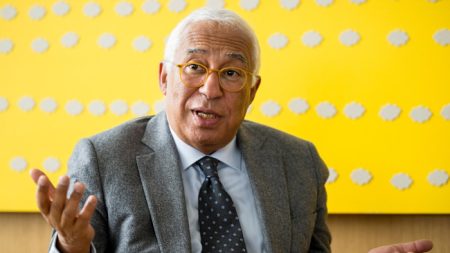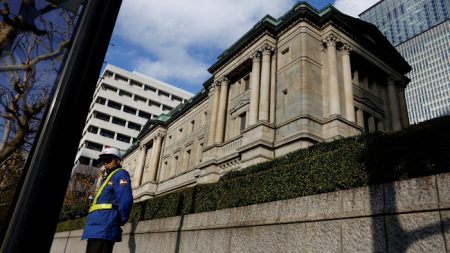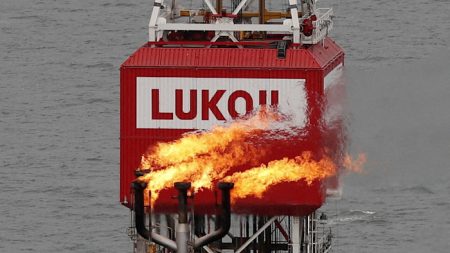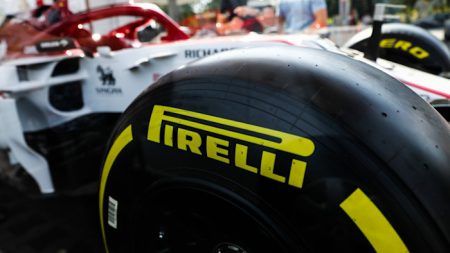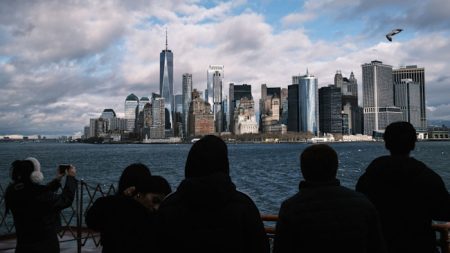Unlock the Editor’s Digest for free
Roula Khalaf, Editor of the FT, selects her favourite stories in this weekly newsletter.
Sell signals come in many forms. Traditional City of London wisdom, for instance, holds that a splashy new headquarters is reason to steer clear of a stock. That is one way to look at Kering’s decision to spend €1.3bn on a building in Milan’s iconic Via Montenapoleone.
To be fair, buying freeholds in key locations is not a new trend in the luxury sector. Brands want to secure their footprint in the face of scarcity and competition. Doing something special with the building and the store can also give them an “experiential” edge to help awe their customers. LVMH has been snapping up real estate in New York, Paris and Milan. Prada too has bought its New York building. That piles pressure on rivals to plant their own flags.
Yet buying real estate is not the smartest use of luxury cash flows. On the face of it, Kering’s deal does not look too bad. The group is getting 11,800 square metres, of which more than 5,000 is retail space. At current Milan market rates, that could theoretically cost perhaps €50mn a year to rent. Assuming a typical yield of 3.8 per cent, it roughly justifies the building’s price tag.
But that is much lower than the double digit return on capital that Kering made in 2023, according to S&P Capital IQ. And it is unlikely to be making anything approaching current rents from long-term tenants such as high-end (and LVMH-owned) café Cova.
Seen in this light, the push to secure prime real estate is essentially a round of beggar thy neighbour for luxury companies. Capex intensity is rising, from 6 per cent of sales in 2019 to almost 9 per cent, according to Bernstein. The dilution of returns is manageable for giants such as LVMH. But it is more painful for smaller brands — which might explain why Kering’s real estate strategy also involves finding co-investors to limit the total capital involved.
The Milan building is by no means Kering’s only new project. Over the past two years it has bought real estate in Paris and New York, fragrance house Creed, sunglass maker Maui Jim and a stake in Valentino — for a total investment of perhaps €10bn. That is a big push for a group that generates €4.5bn of cash flow a year.
It also means Kering has a lot on the go. That is not a comfort given the dismal performance at its key Gucci brand, which recently warned on profits. Given Gucci accounts for around half of Kering’s sales, the stock’s performance depends on turning it around. Glitzy distractions, real estate or otherwise, should be eschewed.
Read the full article here






